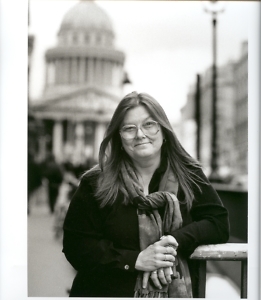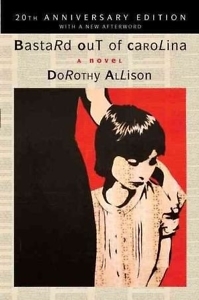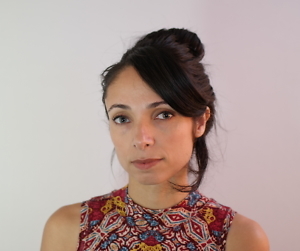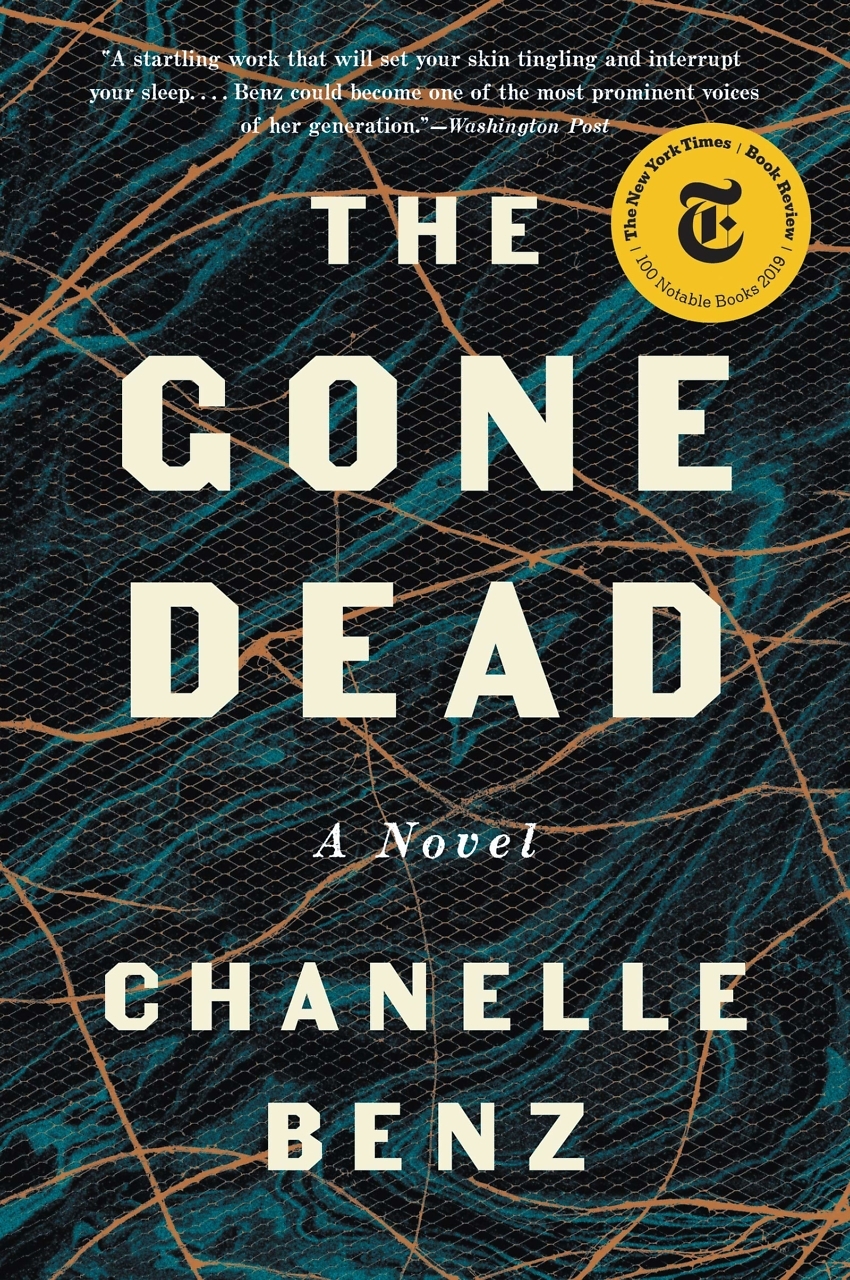Telling the Whole Story
In work and life, Dorothy Allison defies narrow categories
It seems fitting, somehow, that Dorothy Allison’s website has a “Vita” page that lists, along with her many awards and honors, every job she’s had since the 1970s, including stints running a women’s bookstore and serving as office manager for a feminist credit union. Highly lauded writers usually aren’t that eager to remind readers (or themselves) of long-ago day jobs, but Allison has always been one for telling the whole story. Whether she’s writing about her tough, spirited characters or her own difficult life, she seems determined to defy all narrow categories, seeking instead to express as fully as possible the complexity of human experience.
 Allison first garnered wide attention in 1992 with her debut novel, Bastard Out of Carolina, which became a bestseller and finalist for the National Book Award. Its story of a young girl, “Bone” Boatwright, growing up dirt poor in South Carolina, contains elements of Allison’s own impoverished childhood, including brutal beatings and sexual abuse by a stepfather. The book’s premise is grim, but in Allison’s telling—achieved in the voice of Bone—the story becomes rich, passionate, even darkly comic at times. One reviewer described Bastard as “unflinchingly humane” and praised its “hard-won honesty.” Bone’s fate is harsh, but the cruelty in her life exists alongside deep love and an earthy sweetness, and she unfailingly perceives the world with an intense, instinctive sensuality, even in a small moment of affection with her grandmother: “She smelled strong—bitter and salt, sour and sweet, all at the same time. My sweat disappeared into her skirt, my arms wrapped around her waist, and I breathed her in like the steam off soup.”
Allison first garnered wide attention in 1992 with her debut novel, Bastard Out of Carolina, which became a bestseller and finalist for the National Book Award. Its story of a young girl, “Bone” Boatwright, growing up dirt poor in South Carolina, contains elements of Allison’s own impoverished childhood, including brutal beatings and sexual abuse by a stepfather. The book’s premise is grim, but in Allison’s telling—achieved in the voice of Bone—the story becomes rich, passionate, even darkly comic at times. One reviewer described Bastard as “unflinchingly humane” and praised its “hard-won honesty.” Bone’s fate is harsh, but the cruelty in her life exists alongside deep love and an earthy sweetness, and she unfailingly perceives the world with an intense, instinctive sensuality, even in a small moment of affection with her grandmother: “She smelled strong—bitter and salt, sour and sweet, all at the same time. My sweat disappeared into her skirt, my arms wrapped around her waist, and I breathed her in like the steam off soup.”
The mainstream success of Bastard Out of Carolina came after Allison had already gained notice with a 1983 poetry chapbook, The Women Who Hate Me, and Trash, a short story collection that won two Lambda Awards—for best lesbian fiction and best small-press book—in 1989. She had also been working for more than a decade as a writer and editor for feminist and LGBT publications, including New York Native and Quest. Allison’s politics and her sexuality have always been part of her conversation with her audience. In a 1995 profile in The New York Times Magazine, she was quoted as saying that feminism “saved my life” and called it a “substitute religion that made sense.” There is nothing polemical in her fiction, but it is fair to say that she a writer who consciously champions women and seeks to give a voice to their experience.
 But Allison has sometimes found herself at odds with other feminists, especially over her own “retrograde” sexual preferences involving butch/femme gender roles and masochism. In one of her best-known essays, “A Question of Class,” she connects her desires to her class origins and writes movingly about the struggle to construct an authentic identity, sexual and otherwise, after having grown up marginalized by poverty. “We were the they everyone talks about—the ungrateful poor,” she writes. “I grew up trying to run away from the fate that destroyed so many of the people I loved, and having learned the habit of hiding, I found I had also learned to hide from myself.” Allison’s success in coming full circle, escaping her hard childhood only to return and transform it into art, has given her a touch of hero status with many of her readers. They love her work, and they also identify with her remarkable personal story.
But Allison has sometimes found herself at odds with other feminists, especially over her own “retrograde” sexual preferences involving butch/femme gender roles and masochism. In one of her best-known essays, “A Question of Class,” she connects her desires to her class origins and writes movingly about the struggle to construct an authentic identity, sexual and otherwise, after having grown up marginalized by poverty. “We were the they everyone talks about—the ungrateful poor,” she writes. “I grew up trying to run away from the fate that destroyed so many of the people I loved, and having learned the habit of hiding, I found I had also learned to hide from myself.” Allison’s success in coming full circle, escaping her hard childhood only to return and transform it into art, has given her a touch of hero status with many of her readers. They love her work, and they also identify with her remarkable personal story.
Allison followed Bastard Out of Carolina with an essay collection, Skin (1994), and a widely praised memoir, Two or Three Things I Know for Sure (1995), which is adapted from a performance piece. Her second novel, Cavedweller, was published in 1998. Its complex story of a mother and her three daughters was praised by The New York Times for its “sense of stretch” and “novelistic ambition,” and the same review compared it favorably to Bastard for its more lyrical style. In a 2016 interview with Deep South, Allison herself expressed some regrets about Cavedweller, saying she “should have taken another year and did a little more work, but I didn’t and there it is.”
Allison describes herself unapologetically as a slow writer, and a follow-up to Cavedweller has yet to appear, but the writer has hardly dropped out of sight. Well-known as an entertaining and inspiring speaker, she stays busy on the lecture circuit. She also does considerable teaching in university settings and at major writers conferences and currently holds the Roy Acuff Chair at the Center of Excellence for the Creative Arts at Austin Peay State University in Clarksville.

Maria Browning is a fifth-generation Tennessean who grew up in Erin and Nashville. A graduate of Mount Holyoke College, she has attended the Clothesline School of Writing in Chicago, the Moss Workshop with Richard Bausch at the University of Memphis, and the Sewanee Writers’ Conference. She lives in White Bluff.



